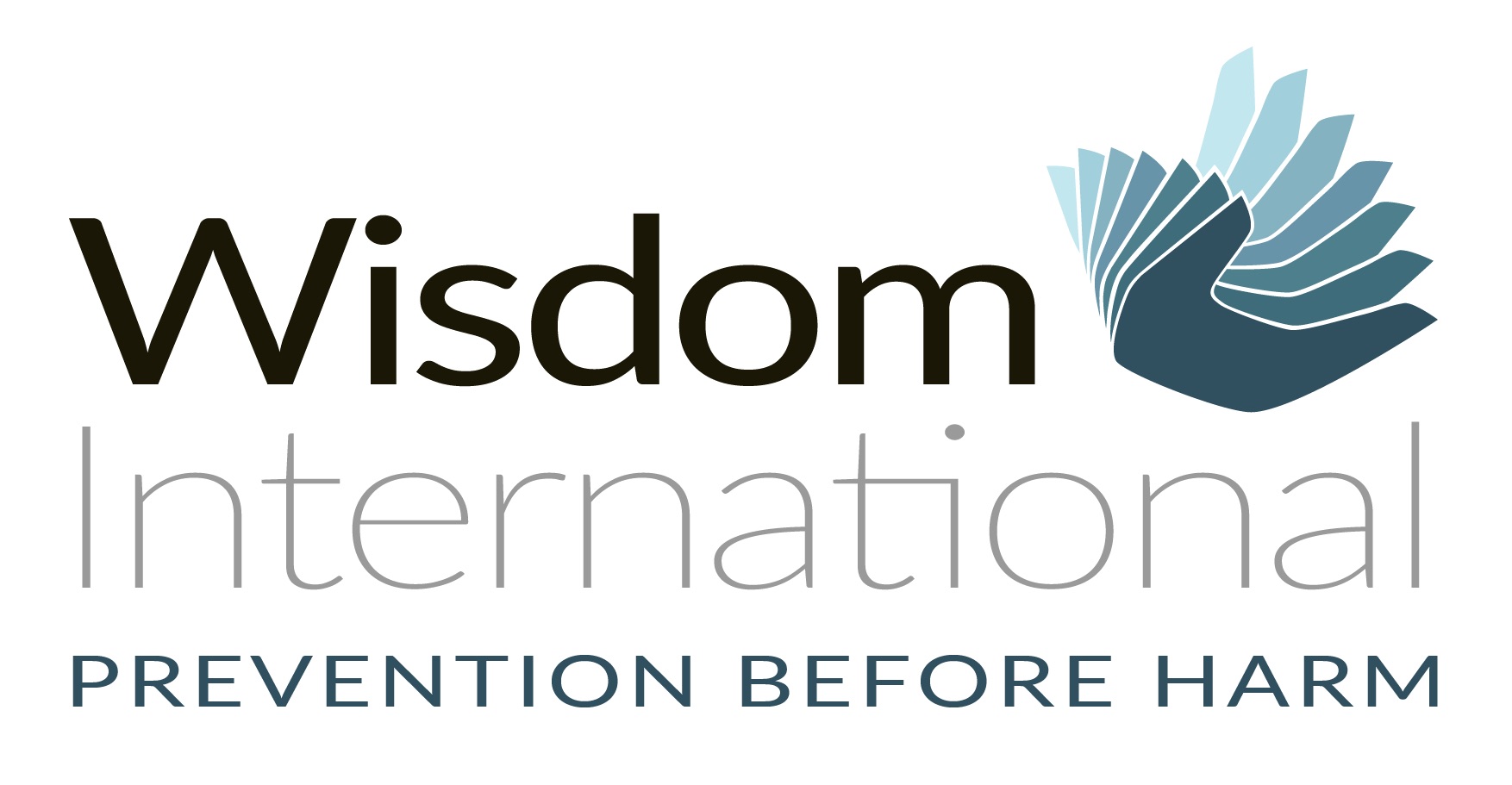OUR MISSION: To Prevent human trafficking before harm begins.
OUR VISION: A world free from exploitation and slavery. 
Copyright © 2024 · All Rights Reserved · Wisdom International: Help2Others
Nonprofit Website by GivingPress · RSS Feed · Log in



Last Updated: January 12, 2022 by Laurel
Demand pop up [LEARN MORE]
Children bear the burden of Demand.
A buyer purchases a child’s body through a trafficker, who usually has a selection for the buyer to consider.
A buyer purchases a child’s body directly from the child when the child is most often on the streets and simply needs a meal, shelter, perhaps a warm pullover, all of which are considered by law to be “an exchange of something of value” to the child, making the encounter child sex trafficking.
This child may believe they are doing what is necessary for them to survive, performing out of their free will, believing it is a choice controlled by them that they are making, and one that seems to be the choice of lesser harm than that from which they have run. They do not see themselves as the victim of child sex trafficking that they are.
Education about the realities of trafficking for both the child and the buyer will help to end this devastatingly destructive cycle against our children